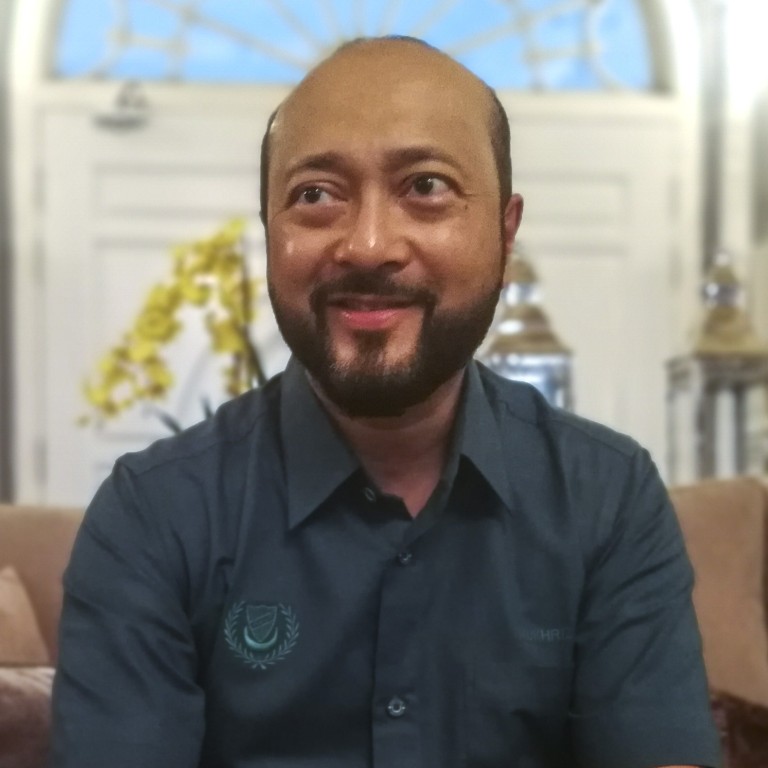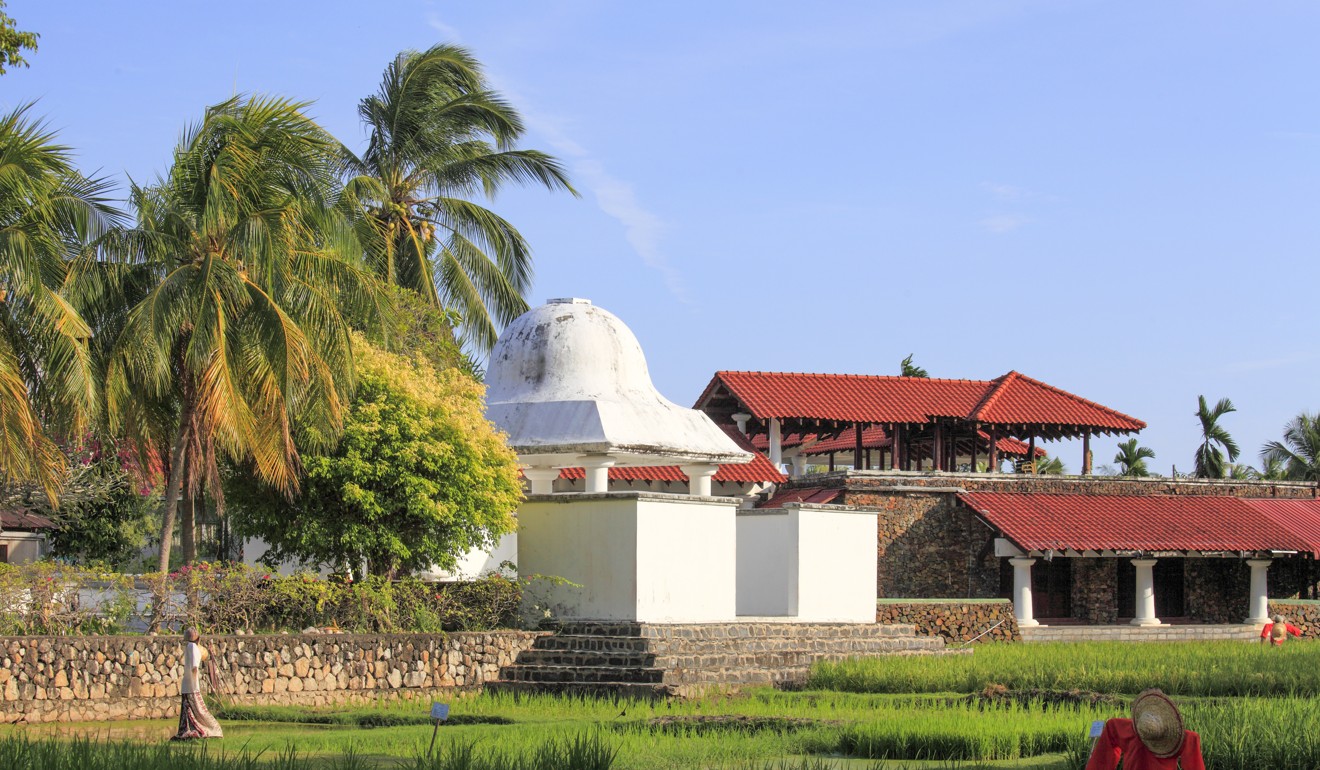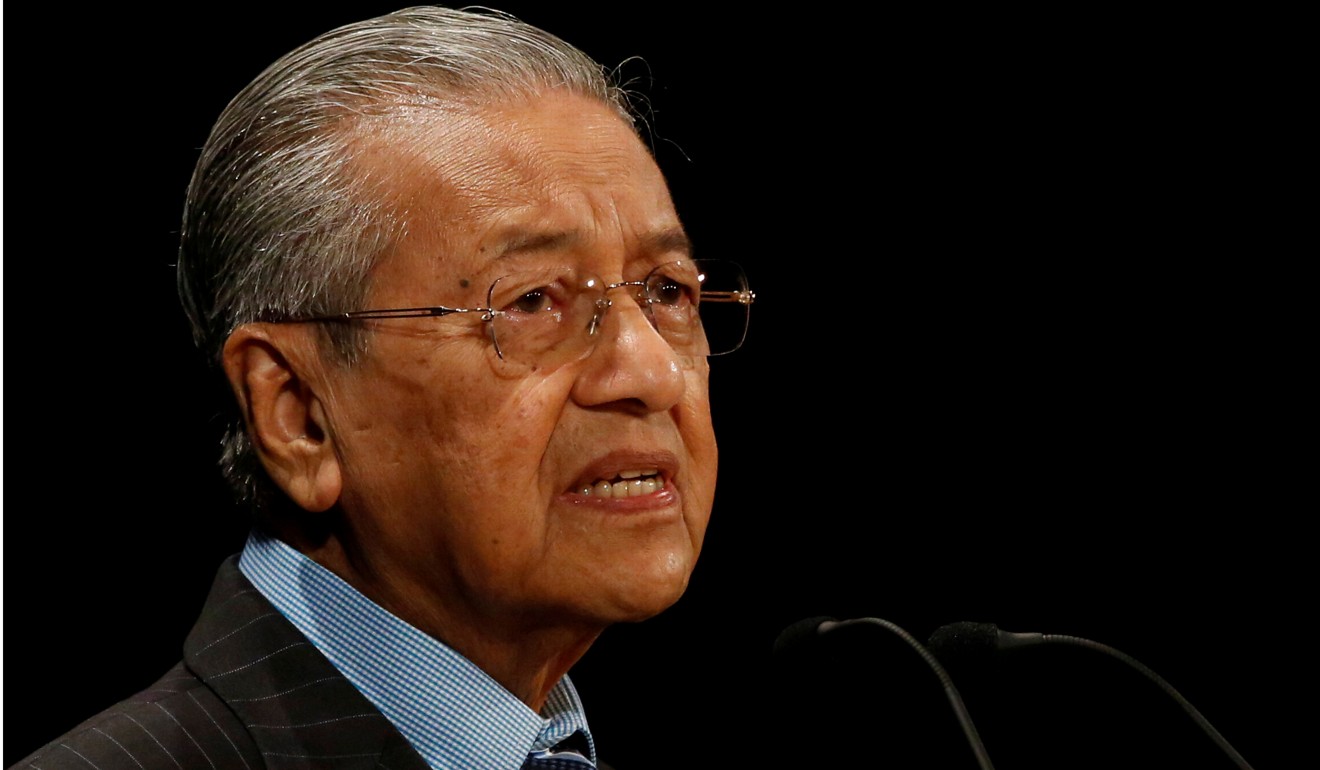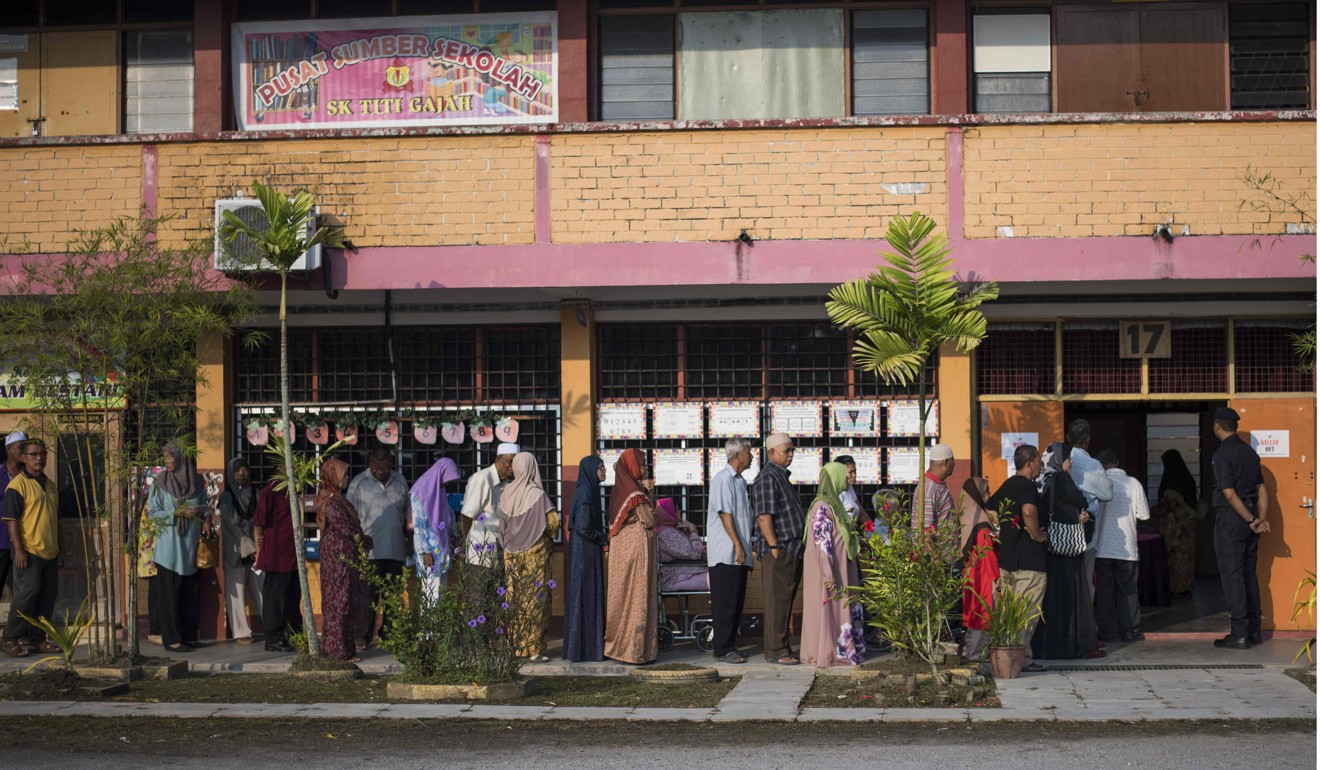
Battle for spoils of US-China trade war has Malaysia’s Mukhriz Mahathir touting Kedah’s arsenal
- Fifth child of Prime Minister Mahathir Mohamad has the tall order of luring Chinese businesses to one of Malaysia’s poorest states as investors eye new markets
- But the chief minister says the region is well armed for the task and Kedah is the natural choice for tariff-weary manufacturers
“I get the sense that they have a certain level of respect for leaders that know what they want and have long-term experience … That sort of thing they acknowledge and respect,” he said.

Mukhriz said his state’s less developed status compared to the country’s economic powerhouses such as neighbouring Penang was a boon in the current times, as it meant foreign investors would enjoy lower costs if they decided to sink their roots there.
The 54-year-old is serving his second term as Kedah chief minister.
He was acrimoniously forced out of the job midway through his first stint after his father fell out with the former prime minister Najib Razak.
Last year he returned to the position he held from 2013 to 2016 when the Pakatan Harapan coalition led by his father defeated the long-ruling Barisan Nasional bloc they were once part of.
Speaking from his official residence in the state capital of Alor Setar, 430km from Kuala Lumpur, Mukhriz brushed off talk that he had designs on higher office in the federal government – even the seat his father occupies – telling the Post instead that his focus for now was on completing a full term as chief minister.
Mahathir’s son ‘in no rush’ to join federal government
The state of Kedah, the senior Mahathir’s birthplace, is widely referred to as Malaysia’s rice bowl because of its vast crop-growing areas that contribute some 40 per cent of the country’s rice supply.
It is also home to some 300,000 hectares of virgin jungle, and timber industry revenue contributed substantially to the state’s coffers until a recent curb on logging activities.
“As the trade war continues between the US and China, [the Chinese] must look elsewhere to assemble their goods. The most natural place would be where they source their components,” said Mukhriz in the hour-long interview.
“It’s quite natural that they would come to Malaysia, but specifically this northern region. In Kedah, we have more land, we are cheaper, we have special tax incentives because we are a less developed state compared to Penang.

“We have a really good thing going here, and we just really need to work on drawing in that investment. We do not want to miss the boat if we are not quick enough.”
Mahathir backs Huawei, snubbing US blacklist
“Out of the 10 Asean countries, I believe Malaysia benefits the most. Foreign countries, from the Europeans, the Americans … want to make use of that,” he said.
Also on the radar of the businessman-turned politician is next-generation Chinese technology.
The 94-year-old’s forceful defence of Huawei amid questions about its supposed links to Chinese cyber espionage was one reason Chinese investors were viewing Malaysia favourably, Mukhriz said.

“I think that meant a lot to them. It’s a private company but it meant a lot to China that he would say such a thing in Japan,” Mukhriz said.
Will Thailand Plus take away Vietnam’s spoils in US-China trade war?
“After that we got people calling us up, [asking]: ‘What do you need in Malaysia? In which areas do you need investment?’ Suddenly there was a spike in interest. So we tried to milk that as much as we could.”
Mukhriz, who has business degrees from Japan’s Sophia University and Boston University, said he shared his father’s views on Huawei.
He said as much as the West was alarmed about the company’s activities, he believed “an equal number of countries do not seem to have a problem with Huawei”.
“Even from their [Huawei-friendly countries] own technical assessment, there is no element of espionage or eavesdropping or anything like that embedded in their technology,” Mukhriz said.
He drew parallels between Huawei’s current predicament and Malaysia’s ongoing efforts to beat back environmentalists’ claims that Malaysia was destroying tropical rainforests as a result of its vast palm oil export industry.
Malaysia and neighbouring Indonesia together produce 85 per cent of the world’s palm.
“If you look at it deeply, you will understand that this is actually the soybeans [industry] going after palm oil … so why should we [accept] the aggression towards Huawei? This is some kind of competitive strategy. 5G is really nowhere in the US … On the other hand, when I visited Huawei recently, they had already started to talk about 6G.”
Mukhriz said the Kedah state government hoped the arrival of 5G would help lift its crucial agricultural sector as well as other industries.
Prime Minister Mahathir’s government has said it hopes to raise agricultural yields by encouraging paddy farmers – often working on small pieces of land using rudimentary methods – to form larger estates that use advanced technology.


